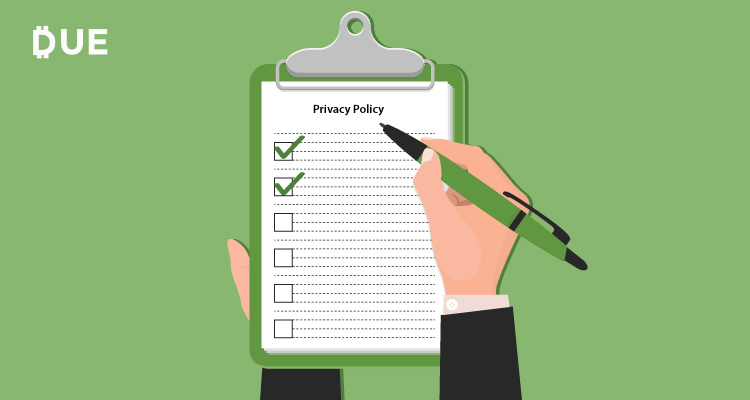Sharing information about your business can be dangerous, especially if you face stiff competition in your field. But when Should Your Business Require an NDA? In order to turn your idea into a successful venture, you’ll probably have to discuss it with multiple people, including potential clients, freelancers, and prospective investors. You need a guarantee that your concept will remain top secret until it’s on the market.
While there is no way to be 100 percent certain your idea won’t be stolen, there are things you can do to protect yourself. One of those things is a non-disclosure agreement (NDA), which is a legal document that requires your business associates to agree to keep quiet about information they gather about your business.
Table of Contents
ToggleWhen Should Your Business Require an NDA?
Investors
When seeking capital, entrepreneurs often shove an NDA into the stack of documents to be reviewed.
Unfortunately, this plan can often backfire. While investors certainly are privy to extensive information about your business during the period of time they’re considering you, many investors balk at signing an NDA.
Signing such a document could land a venture capitalist in sticky legal territory if they opt to back a competing company offering similar technology after passing on yours. If you’re planning to put yourself in the position of seeking investment dollars, you’ll need to be prepared to either accept this or limit your options to those investors who will agree to sign.
Contractors
Perfecting your idea will require a great deal of work. Even if you’re doing most of this work yourself, you’ll eventually need to outsource some of that work to contractors.
This may be in the form of a web developer, a logo designer, or a content writer, depending on the type of business you’re running. Many businesses choose to have these workers sign an NDA, since they’ll need access to information about your company in order to do their work.
Vendors
In the course of doing business, you’ll likely work with third-party vendors to bring your product to life. Similar to contractors, these businesses will likely become privy to in-depth details about your plans and methods.
Third-party vendors can be more complicated than contractors, however, since they’ll often bring in multiple people to work with your product. This could be in the form of app development, marketing, manufacturing, or any other type of firm that helps you bring your product to market.
To maintain control of your ideas, you’ll need to stipulate that all employees who will be working with your product be required to sign an NDA, putting the responsibility for this on your vendor.
Beta Testing
Before you take your product to market, you may bring in testers to try out your product and offer feedback on how it can be improved. For instance, a software developer may hire these beta users to pinpoint bugs in his software before releasing it publicly.
These users will be trying out your product long before the general public sees it, creating the potential for information leaks. This group of people should be at the top of your list of partners who are required to sign NDAs prior to working with you.
Employees
As your business grows, you’ll need to add new employees to your team. Those employees will become intimately familiar with the inner workings of your business, giving them the potential to take that information to competitors.
Once those employees are on board, you’ll be tempted to feel that they could never betray you, but over time, those enthusiastic new hires could become disgruntled.
The best course of action is to include an NDA as part of an employee’s onboarding paperwork, which puts the signed document in place from the first day that worker is on the job. This will avoid the awkward process of having a trusted employee sign an NDA after having worked with you for a period of time.
Management Team
A small startup usually doesn’t have a team of leaders in place. However, you may start with a business partner. From the time you have one other person involved in building your business, you should make it a practice to have all leaders sign an NDA, including yourself. This includes your business partner and any managers or supervisors you hire. By signing the agreement alongside these leaders, you’ll demonstrate that an NDA is required of everyone who works with your organization.
An NDA can protect your business as you bring in the people you need to bring your product to market. However, the best time to put NDAs in place is in the early days of working with others, so it’s important to get the document ready as soon as possible.
There are also some instances where business partners may refuse to sign an NDA, so you should be prepared and think about how you’ll handle it when those situations arise. By thinking about this from the start, you’ll be prepared to either walk away from that business partnership or bend your policy in the interest of growing your business.
















